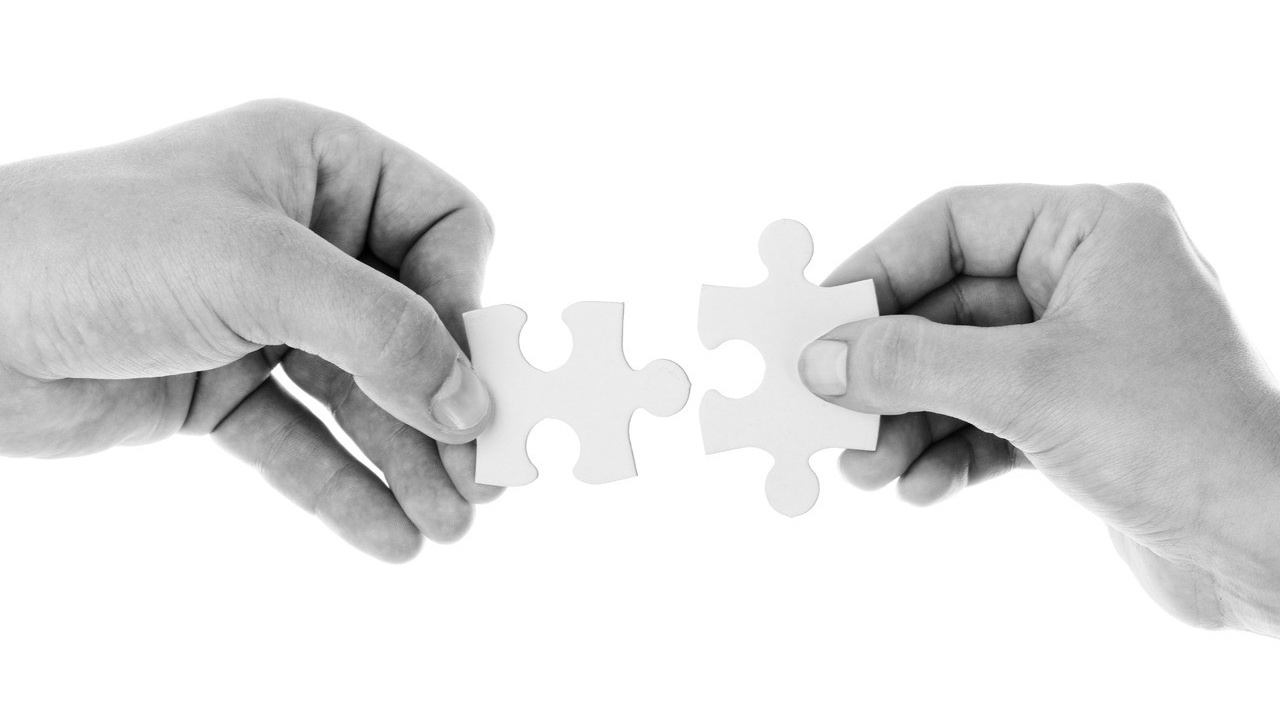Strong Relationships Build Strong Teams
May 28, 2021
Once we understand the framework for accurately picking up on the emotions of the person we’re interacting with, by recognizing and understanding their behaviors, we can begin honing the fourth component of emotional intelligence - relationship development.
Let’s be honest, building strong relationships requires quite a bit of intentional effort! That said, I can’t think of a single area of my life where the energy I invested into creating a solid relationship with someone - be that personally, professionally, or a combination of the two - hasn’t ended up yielding far more value than I ever expected.
Consider the best relationships in your life… Did they just happen on their own or was there a good bit of work involved? Most definitely! Were there ever any bumps in the road along the way? I’m sure there was. Who are the people in your life that you have the most loyalty to? I’m guessing it’s the folks you have the strongest relationships with!
I’ve had times where great relationships seem to fall into place almost immediately but I’ve also been in situations where it took what seemed like a ridiculous amount of energy to build anything resembling a cohesive relationship. Have you ever wondered why that is, why you just click with one person but seem to continuously butt heads with another? Some people appear to be on the same page with you from the beginning and some seem to be doing anything they can imagine to get under your skin…
If we rely on our experiences and our intuition alone, it could take a lifetime to really get a handle on building strong relationships with all the different people we need to interact with effectively on a day to day basis. But if we use William Marston’s work as a foundation for developing self-awareness, applying that in self-management, and then to building our social-awareness, relationship development becomes a fluid part of the process! As we recognize the behaviors we see in others, and we process that through the set of patterns Marston detailed with each of the four primary behavioral styles, we can develop a much better understanding of why they do what they do and understand what can trigger different emotions in them. When we use our self-management skills to apply what I’ve learned to know as The Platinum Rule, strong relationships are created much faster. And when we have strong relationships in all areas of our lives, we can build strong teams around us that yield great results!
Through the next few posts, we’ll build on these components by looking at some simple things we can each look for in nearly every situation that will help us become more emotionally intelligent!



